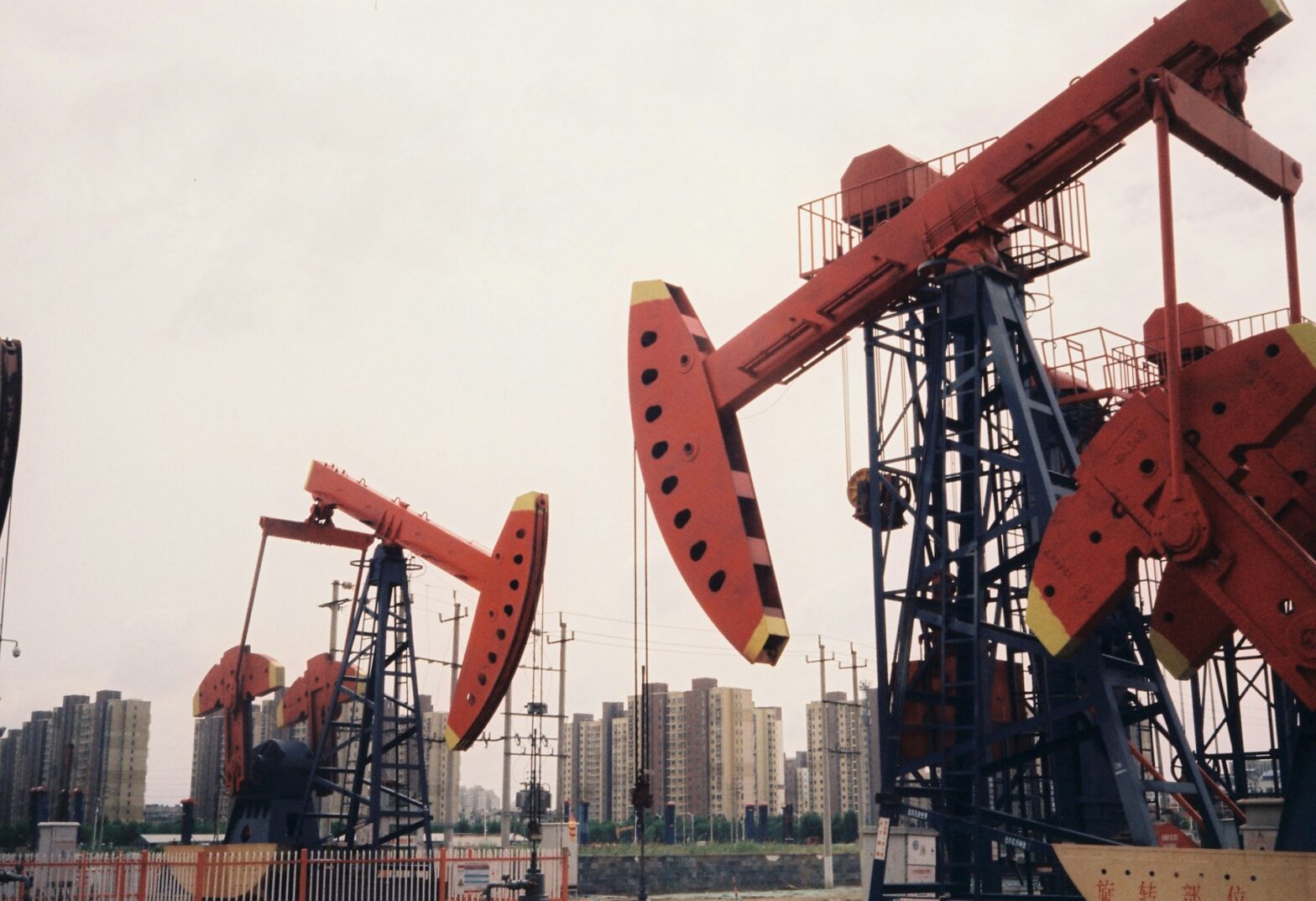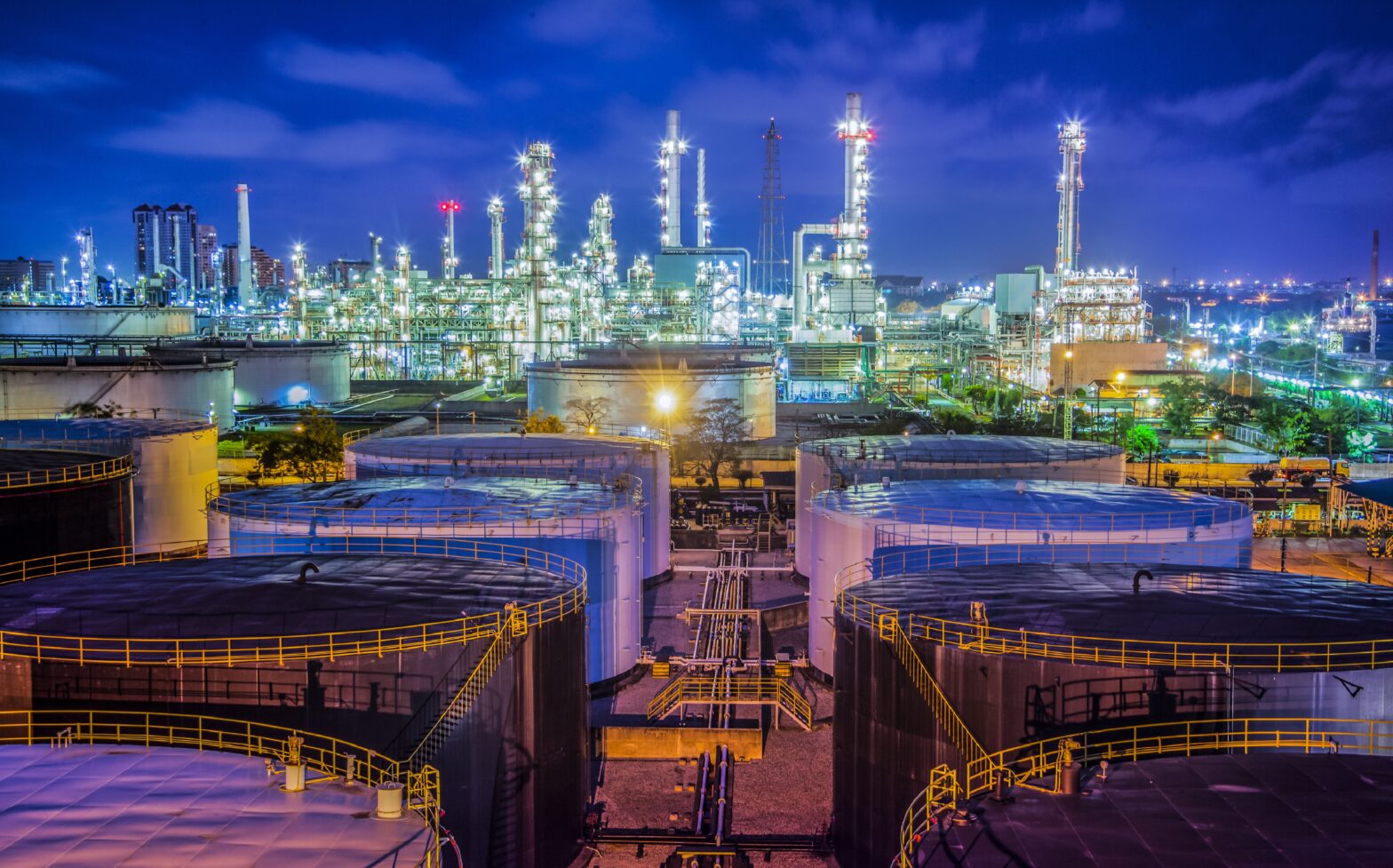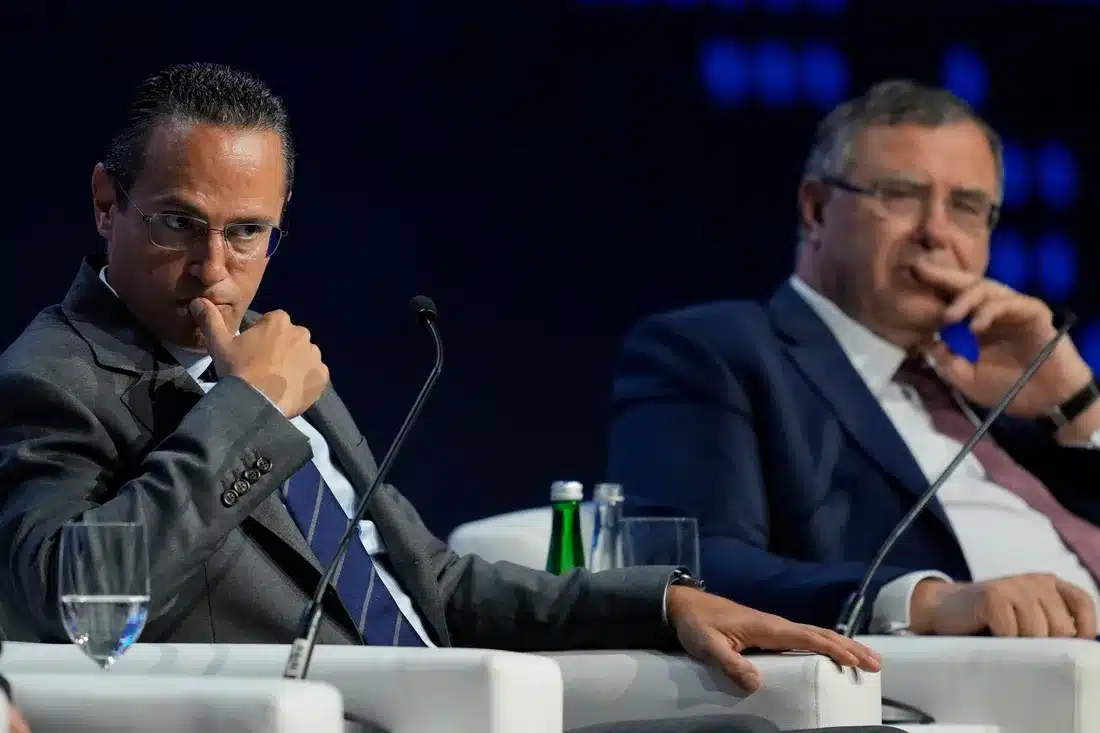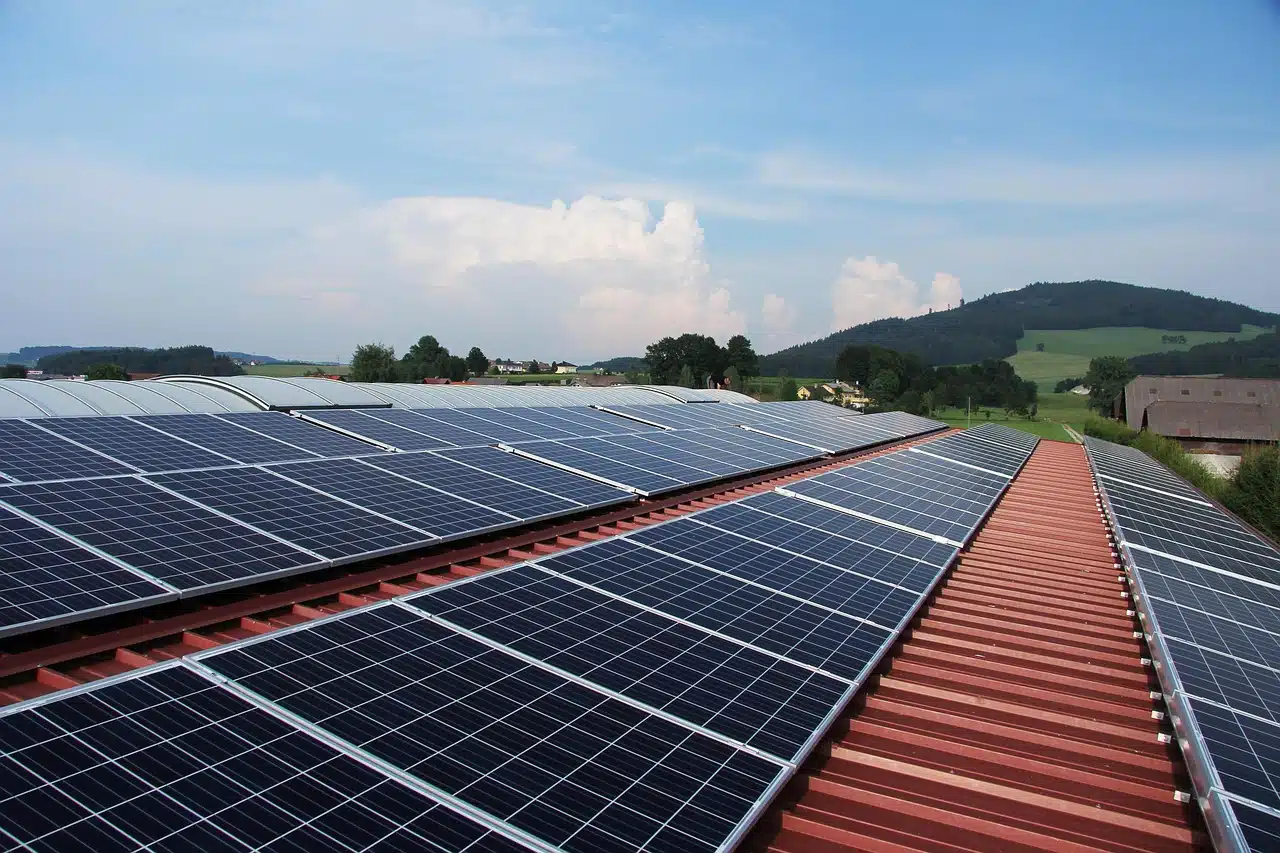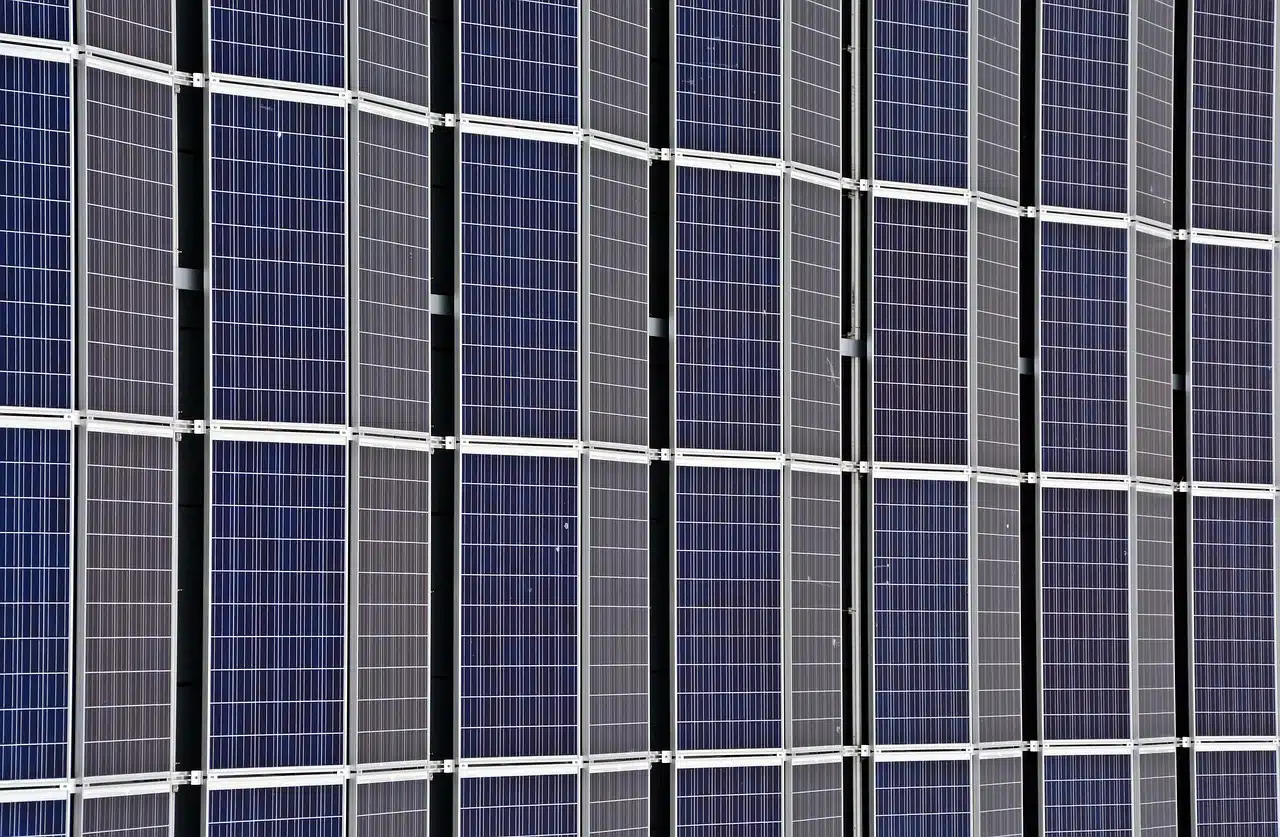Nigerian business magnate, Aliko Dangote, will spend a whopping sum of N720 billion ($466 million) on 4,000 CNG-powered trucks to distribute the products of his refinery to various outlets across the country.
Africa’s richest man says he is preparing for an unprecedented shake-up of the downstream sector, following what seems to be a direct affront to the local marketers.
Dangote, the CEO and President of the $20 billion refinery and petrochemical plant, has struggled to get his products distributed across the nation since his facility began production in early 2024.
While Dangote Refinery is the only operative plant in the country that can refine petrol in large quantities, most marketers still rely on imported products to sell in the downstream sector.
Prior to the emergence of the mega project, most observers expected the refinery to supply the nation’s ever-growing petroleum demand and ultimately end importation.
Nigeria, an oil-producing nation, spends roughly $400 million importing expensive petrol monthly.
This had been the case for over four decades before Dangote came on board.
While expectations were high that the opulent entrepreneur would put an end to the trend, reality has not matched up.
Nearly two years down the line, Dangote still finds it difficult to get his products to major filling stations across the country.
In fact, only about five key outlets offtake Dangote’s products — and some of them are not widely distributed across the country.
For Aliko, the realisation is that owning a refinery in a country with over 30 million litres daily petrol consumption might not be enough.
The value chain network also has to be disrupted for there to be patronage.
The monopoly edge
But breaking the value chain network won’t be easy. In fact, for an ordinary entrepreneur, it would be near impossible—if not unheard of.
But Dangote is not an ordinary entrepreneur.
A radical believer in Africa’s investment climate potential, the business mogul has made his mark in different sectors in the country before venturing into oil and gas about ten years ago.
His most successful business so far, Dangote Cement, followed a similar trend in breaking the value chain of supply and reaching consumers directly.
Prior to Dangote Cement, Nigeria relied heavily on imported cement, costing the nation billions of dollars in scarce foreign exchange.
Dangote came on board and changed the scene forever. He didn’t just own a cement plant.
The Kano-born billionaire also owned various cement trucks and distribution depots, cutting off middlemen.
But all these came at a cost—both financially and socially.
Due to his heavy presence and use of the disruptive playbook, many have accused him of being a monopolist.
In fact, some reports indicate that the African businessman might be following in the footsteps of Indian billionaire Mukesh Ambani, who owns the majority of telecom in India through buyouts, aggressive investment, and power-play.
Like Dangote, Ambani is also the richest man on his continent which is Asia.
The monopoly accusations have been met with sharp rejection by Dangote himself.
The businessman once said he would halt his ambition to invest in the country’s moribund steel industry just to avoid being labelled a “monopolist.”
But while those sentiments persist, the case with the refinery is different.
The billionaire is merely finding a way to integrate himself into a market that seems impenetrable for a new player who has refused to play by the old rules.
Dangote is only finding his footing to keep the lifeblood of a refinery running—because its survival hinges on continuous refining.
Low patronage from marketers
The biggest challenge Dangote faces is the low patronage from the middlemen who should be supplying his products to Nigerian consumers.
At some point, the president of the refinery said he had about 500 million litres of petrol with nobody ready to offtake it from the refinery, adding that without such patronage, the refinery is as good as a museum.
The reason for the low patronage is somewhat unclear.
Most marketers still feel more comfortable in the integrated business of importing petrol or distributing through familiar routes and partners.
Others allege that Dangote’s product is somewhat overpriced, adding that they can source cheaper alternatives from importation.
Most of these claims are hard to prove, since petrol pricing is based on the international and formalized Platts standard, also used for crude oil prices.
Meanwhile, Dangote has lowered the price of his products at least five times since he began appealing to the market.
The external cost of importation—which includes Free on Board (FOB) fees, NIMASA fees, NPA fees, logistics, and other charges—makes it unlikely that the price of Dangote’s products is higher than imported alternatives.
Despite all this, low patronage from marketers persists, leaving the businessman no choice but to take the products to the consumers himself.
The shakedown that unnerved middlemen
Perhaps Adani’s playbook came in handy when Dangote announced last week that he would be acquiring 4,000 trucks powered by Compressed Natural Gas (CNG) to distribute his products across the country.
For marketers, the move was unanticipated—and left most of them anxious about what to do next.
Dangote disrupting the supply chain would mean the end of the Petroleum Equalization Fund (PEF).
The fund, used to “equalize” petrol prices across the country, is provided by the federal government as logistics support for marketers who supply products to consumers.
According to reports, these marketers held various impromptu meetings across the country to deliberate on the next step as Dangote steps into the scene.
There are also hints that the billionaire might plant tracking devices on each truck to monitor where every batch of petrol is headed.
This, according to Dangote, will help track distribution and reduce smuggling to neighboring countries.
For context, there are various speculations that some marketers smuggle Nigeria’s petrol to neighboring countries and record it as part of the country’s consumption.
The former GCEO of the national oil company, Mele Kyari, once said a smuggler can make about N17 million ($11,000) per truck on a trip delivering petrol meant for consumption in Nigeria to countries like Benin Republic, Cameroon, or Ghana.
Tracking distribution trucks would drastically reduce this practice—although smuggling has declined since petrol subsidy was removed in May 2023, according to statements from the presidency.
A Million-dollar game
Moreover, disruption comes with a huge price—and that price requires a deep pocket.
When Dangote announced the truck rollout initiative, he also offered buyers of his product a 50% bank-backed credit for two weeks.
This offer applied to those purchasing 500,000 litres or more, amounting to a N500 million ($323,000) transaction per buyer.
The company also disclosed that it had foregone about N1.07 trillion ($692 million) in logistics costs in the last one year.
This sort of expenditure can only be absorbed by a billionaire.
Dangote is not only betting on strategy. He is betting on the greenback.
The billionaire is simply playing the money game.
For him, if billions of dollars are on the line, then it is only financially wise to put down millions.
The profits, which he estimates at $30 billion in the next two years, outweigh the risk.
For marketers, however, it’s much harder to hold out—especially when competing against a billionaire, and when your transactions depend on bank loans, joint financing, and credit based on goodwill.
Dangote does not need to borrow a dime to finance his projects.
And in a liberalised downstream industry—post-subsidy—capital is king.
Only those with deep pockets will survive.
And for Dangote, this is a bet he’s willing to take.



